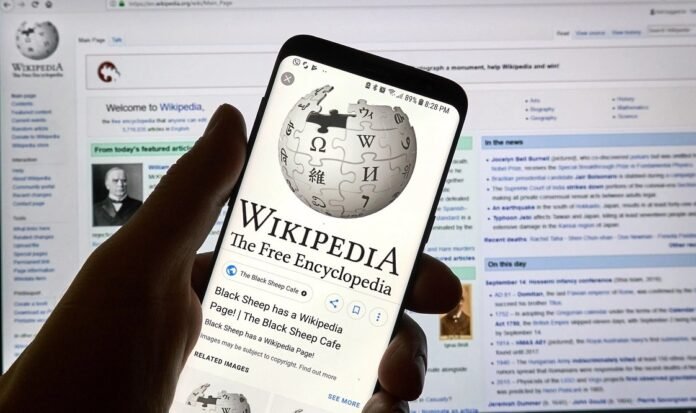Wikipedia’s traffic is slipping — but not because people have stopped reading it. Between March and August 2025, the Wikimedia Foundation says visits from real humans fell by 8% year-on-year, after filtering out an overwhelming swarm of data-scraping AI bots.
The Foundation blames this decline on changing online habits. Search engines now display AI-generated summaries that often rely on Wikipedia content, while younger users increasingly turn to short-form video platforms like TikTok and YouTube for information.
“People are still learning from Wikipedia,” the Foundation noted, “but often through intermediaries rather than the site itself.”
Ironically, Wikipedia remains one of the biggest data sources for large language models such as ChatGPT and Claude. But that reliance comes at a cost.
The bots constantly scraping its pages have strained its servers and raised hosting expenses, creating an odd paradox — more invisible readers, but fewer actual visitors.
A Warning for the Future of Open Knowledge
The Foundation cautioned that this trend could undermine Wikipedia’s open-source ecosystem. Fewer visits could mean fewer volunteer editors updating information, and fewer donors funding its nonprofit operations.
It urged AI firms and major tech platforms to credit and support their sources: “For people to trust information shared on the internet, platforms should make it clear where the information comes from and give users ways to visit and contribute to those sources.”
Wikipedia isn’t alone in feeling the sting. Digital publishers around the world are reporting similar declines. Digital Content Next (DCN), which represents outlets like The New York Times, Bloomberg, and NBC News, revealed that referral traffic from Google Search fell 10% in May and June 2025, with some newsrooms seeing up to 25% drops in clicks.
Google denies responsibility, even as its new “AI Overviews” feature is being accused of keeping readers within search results.
The competition for attention is fiercer than ever. A report by SEO firm Graphite found that AI-generated content now makes up over half of all articles on the web — a dramatic surge since ChatGPT launched in November 2022.
With AI systems both feeding on and overshadowing original human work, one question lingers: can Wikipedia survive in a world where the machines that learned from it are now replacing it?
Rate, Like 👍, Comment 💬, Share this article, Follow us on our social media handles, and Submit your own story to get featured and earn rewards!







